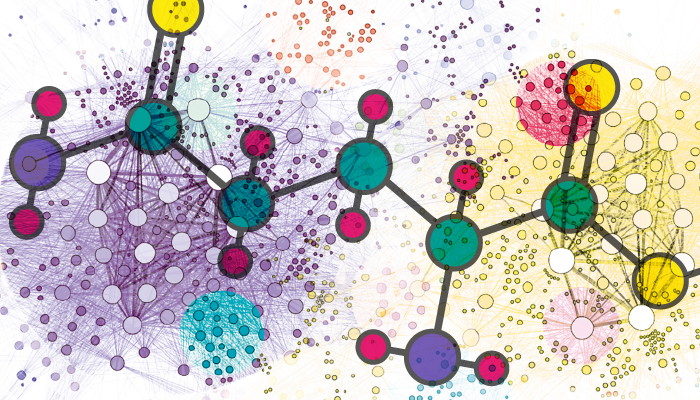
Published in January 2025, a Signal Transduction & Targeted Therapy study has identified glutamine metabolism as a potential therapeutic target for dry eye disease (DED). The Beijing-based researchers demonstrated that a combination therapy of mesenchymal stem cells (MSCs) and thymosin beta-4 (Tβ4) significantly improved DED symptoms by modulating metabolic pathways – particularly glutamine regulation.
Using in situ metabolomics with matrix-assisted laser desorption/ionization mass spectrometry imaging (MALDI-MSI) to analyze corneal metabolic changes, their results indicate that the combined MSC + Tβ4 therapy increased glutamine levels in the cornea, correlating with reduced inflammation, lower apoptosis, and enhanced ocular surface homeostasis. In contrast, inhibiting glutamine reversed these protective effects, highlighting its essential role in DED recovery.
Furthermore, single-cell RNA sequencing revealed a distinct subset of pro-inflammatory and pro-fibrotic corneal epithelial cells in the study’s DED model. It was noted that glutamine treatment downregulated these harmful subclusters, reducing their secretion of inflammatory cytokines and mitigating tissue damage.
The researchers also identified glutaminase 1 (GLS1), a key enzyme in glutamine metabolism, as a critical factor in DED progression. Clinical samples and rodent models showed increased GLS1 expression in dry eye conditions, suggesting that its overactivity contributes to inflammation. When GLS1 was inhibited, the anti-inflammatory effects of the MSC + Tβ4 therapy were enhanced, further confirming its role in DED pathophysiology.
The findings suggest that glutamine metabolism could be a novel therapeutic pathway for DED treatment, with potential future applications including: developing glutamine-based treatments, such as topical eye drops or dietary supplementation, targeting GLS1 inhibition to reduce inflammation and enhance corneal healing, and refining stem cell therapies with metabolic modulation strategies for better long-term outcomes.
